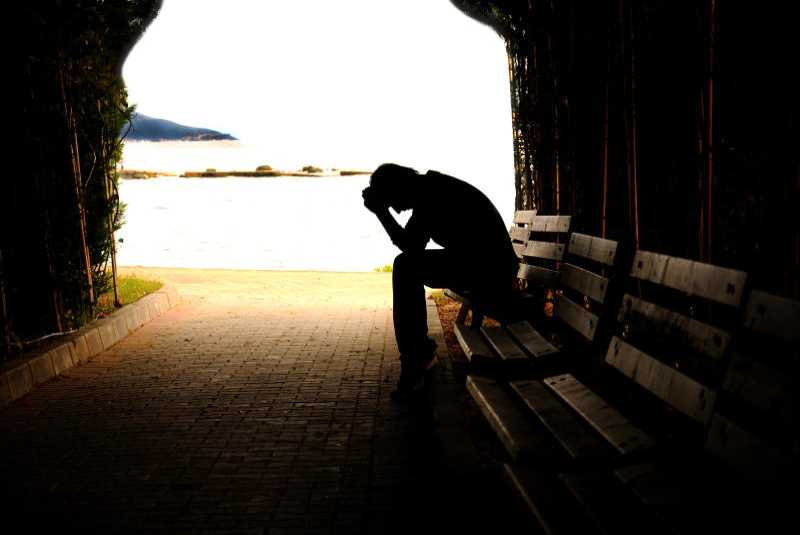×
The Standard e-Paper
Stay Informed, Even Offline

Most suicide cases involve young people battling depression as a result of love affairs turned sour, joblessness or family disputes, according to Director of Mental Health Simon Njuguna.
And as World Suicide Prevention Day was marked on Monday, mental health officials are warning that suicide has a devastating impact on the society.